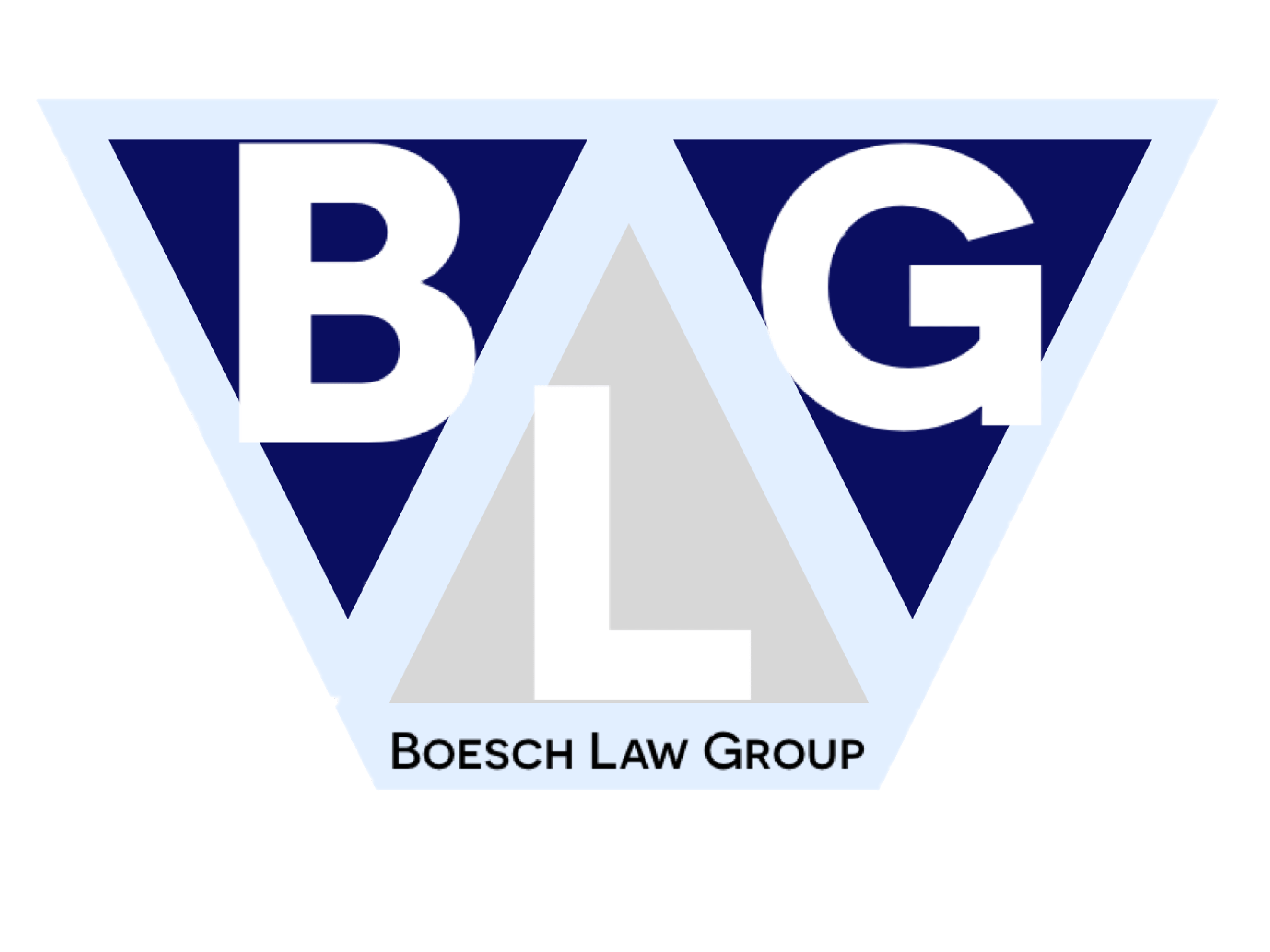The Court of Public Opinion
In today’s age, where information is more accessible than ever and media-whether social or traditional-has a tremendous impact on people’s daily lives, litigation publicity and the “court of public opinion” are important considerations that must be addressed from the very beginning of a case. Whether the question is how to create positive publicity, counteract negative publicity, or avoid publicity altogether, the lawyer and client should decide upon a strategy early on and should take steps to ensure the fair administration of justice while protecting the client’s reputation.
The general rule in both criminal and civil cases is that all legal proceedings- the documents filed, the hearings, and the trial itself- are open to and accessible by the public. This can be both a blessing and a curse, depending on the circumstances of the particular case. In most cases, the public has no interest in the legal dispute, and no one is ever likely to dig up the old court files and pore over the legal documents, or show up at the hearings with a notepad to record what has been said. However, in other cases involving notable figured or matters of great interest or controversy, the public (usually, the news media) may follow the proceedings closely, ready to publish to the world every word that has been written in a court filing or spoken at a hearing. This can have a very significant impact on the case and on the client- for good or bad, depending on the circumstances.

Determining the Best Course of Legal Action
In determining the best way to handle litigation publicity, whether it be business, commercial, personal injury, entertainment, or trust, estate, and probate litigation, the attorney should carefully review the facts of the case, consider the likelihood of litigation publicity- whether positive or negative, identify the central message that the client wishes to convey to the public, and assess the need for strategic timing of any public communications. Statements to the press during litigation should usually be made by the attorney, not the client. However, such statements are governed by ethical limitations: an attorney must not make any statement to the public if it is substantially likely to have a materially prejudicial effect on the pending litigation. Attorneys are generally limited to making accurate and unequivocal factual statements, as opposed to expressing opinions or making impassioned legal arguments. Nevertheless, well-thought out and strategic statements that correct misunderstandings or emphasize certain positive facts can be extremely helpful in many respects.
Where the goal is to minimize or eliminate litigation publicity altogether, there are certain steps that may be taken depending on the circumstances of the case. Sometimes, a lawsuit can be filed to be “sealed so that copies cannot be made or disseminated. Usually, the Court will grant a “protective order” where a party can show the need to protect confidential or extremely private information from public disclosure. In more extreme cases, the Court may issue a “gag order” prohibiting the media from publicizing certain information, usually in cases where there is less likely to be a lot of publicity or strong public sentiment about the parties or the case.
Choosing the Best Attorney
If you are concerned that litigation publicity will be a factor in your case, you should consult with attorneys who have spent decades handling high-profile cases and managing these issues with tact, consideration, and discretion. Contact the Boesch Law Group today (310) 578-7880.

